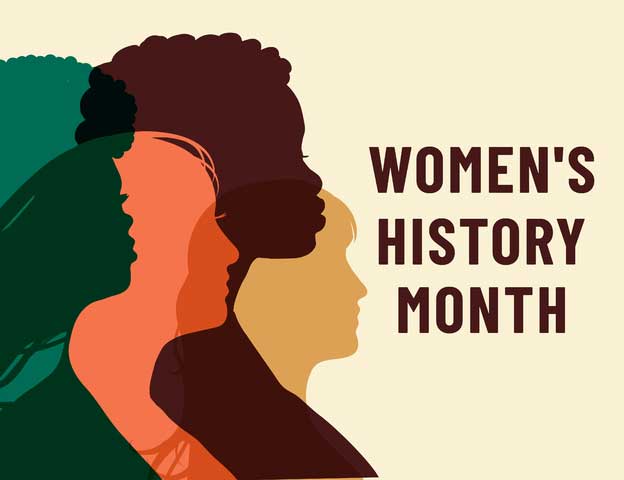To celebrate Women’s History Month, our CEO shares a few things that she has learned over the years as a female business owner.
She recalls recognizing early on that there weren’t many women in her world who were bosses or owners. This inspired her to trailblaze and provide more fertile ground, helping more women navigate the world of leadership. Here are her most valuable insights.
1. What others think about you and how they treat you will only be a barrier if you let it.
I can remember our early days in business when salesmen would call and ask for the owner. I would reply that I was an owner, and invariably the person would ask for my husband. That salesman never got through to pitch either of us. My husband and I had a deal that if someone wouldn’t speak to me then they couldn’t speak to him.
Of course, that isn’t the only example of explicit gender bias over the years. There have been many more “opportunities” for me to call to mind my own qualifications, even if someone else disregarded them.
Recognizing our own agency in the creation of our lives is a must-have skill. First and foremost, we are products of our own choices, our own self-talk, and our own willingness to learn and grow. As Eleanor Roosevelt said almost a century ago, “No one can make you feel inferior without your consent.”
2. You will never have enough time and energy to do all the things you want to do.
Life as a female leader means you are always walking on a tightrope. The balancing act of work, family, self, and external commitments will never achieve stasis. It is a constantly changing dynamic that you choose to live with. But, in order to accomplish goals in each area of importance to you, you need to set time for active engagement and focus with every part of your life.
Children don’t grow themselves – nor should they. To achieve a life/work balance, you must learn to set boundaries. If you let it, running your business can take more time than you have. Set hours of the day, or days of the week when your focus is your home and family.
That email can wait, I promise.
But, there are those times when the priority of work is first and foremost, so that’s where the focus goes.
The same goes for every important aspect throughout your life. You choose in that season what is most important and communicate to those who are in partnership with you, so they know what to expect. And never forget yourself. Self-care for women is usually at the bottom of the list. Pop it up to the top from time to time or you will burn out.
3. Use your voice as a blessing to others.
Women are often hesitant to share opinions and insight. Studies of men and women in similar roles reveal that men more often speak up and tell others what they are thinking.
Your insights are just as valid. To not contribute them means others have missed out on your wisdom and experience. You don’t just have a perspective as a woman, you have a perspective as a human who has lived what you have lived. Your story is part of your personal brand and one worth telling.
For me, the thing that comes to mind when I am considering contributing verbally, is “what shows up when I do?” Am I being deliberate, considerate, thoughtful, and kind – even if it means bringing the unvarnished truth?
A former mentor uses the term care-frontational, meaning that you are not afraid to talk about hard issues, but you do so in a loving way, with their best interest at heart.
4. Know your strengths and be aware of your weaknesses.
Women have often vocalized a fear of failing due to the idea of that collapse being attributed to their sex, rather than because they’re human.
We all fail. So what.
What matters more is that we acknowledge it with humility and get back up again. Remember, no one can make you like less for failing. Refer to number 1 above.
I have noticed that women are much keener on asking for help, and that’s a good thing. It isn’t a sign of weakness to want support from others, it’s a sign of wisdom. We don’t know what we don’t know and getting a coach, consultant, cohort, or peer advisory group around us is a great way to get visibility into our blind spots.
So, take assessments, know yourself, get comfy with your limitations and lean on your strengths; they are your superpower. And remember that everyone has their own superpower and you get to help them discover what that is as a leader.
Cheers! to all the women in business and leadership and to all those who support them.



